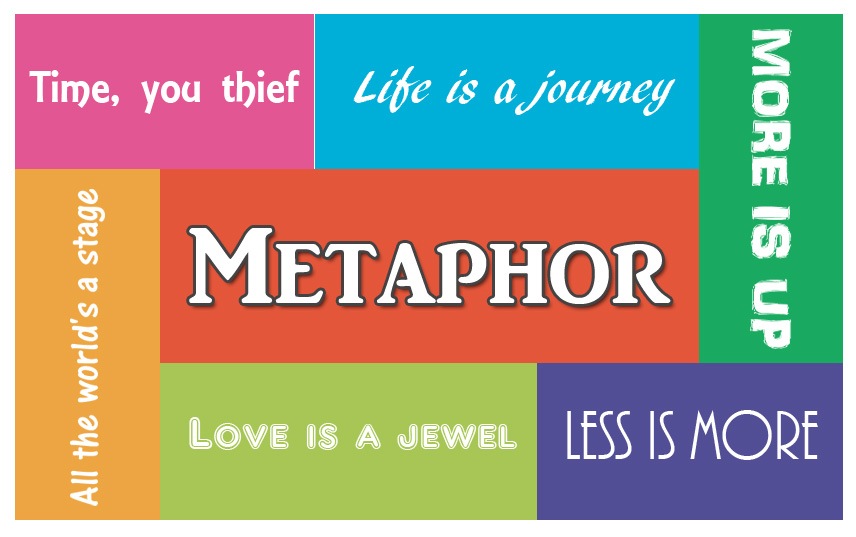From the beginning of the novel, Huck is a boy who comes from the lowest levels of white society. His father is a drunk and a ruffian who disappears for months on end. Huck himself is dirty and frequently homeless. Although the Widow Douglas attempts to “reform” Huck, he resists her attempts and maintains his independent ways. The community has failed to protect him from his father, and though the Widow finally gives Huck some of the schooling and religious training that he had missed, he has not been indoctrinated with social values in the same way a middle-class boy like Tom Sawyer has been. Huck’s distance from mainstream society makes him skeptical of the world around him and the ideas it passes on to him.
Huck’s distrust and his experiences as he travels down the river force him to question the things society has taught him. According to the law, Jim is Miss Watson’s property, but according to Huck’s sense of logic and fairness, it seems “right” to help Jim. Huck’s intelligence and his willingness to think through a situation on its own merits lead him to some conclusions that are correct in their context but that would shock white society. For example, Huck discovers, when he and Jim meet a group of slave-hunters, that telling a lie is sometimes the right course of action.
Because Huck is a child, the world seems new to him. Everything he encounters is an occasion for thought. Because of his background, however, he does more than just apply the rules that he has been taught—he creates his own rules. Yet Huck is not some kind of independent moral genius. He must still struggle with some of the preconceptions about blacks that society has ingrained in him, and at the end of the novel, he shows himself all too willing to follow Tom Sawyer’s lead. But even these failures are part of what makes Huck appealing and sympathetic. He is only a boy, after all, and therefore fallible. Imperfect as he is, Huck represents what anyone is capable of becoming: a thinking, feeling human being rather than a mere cog in the machine of society.






